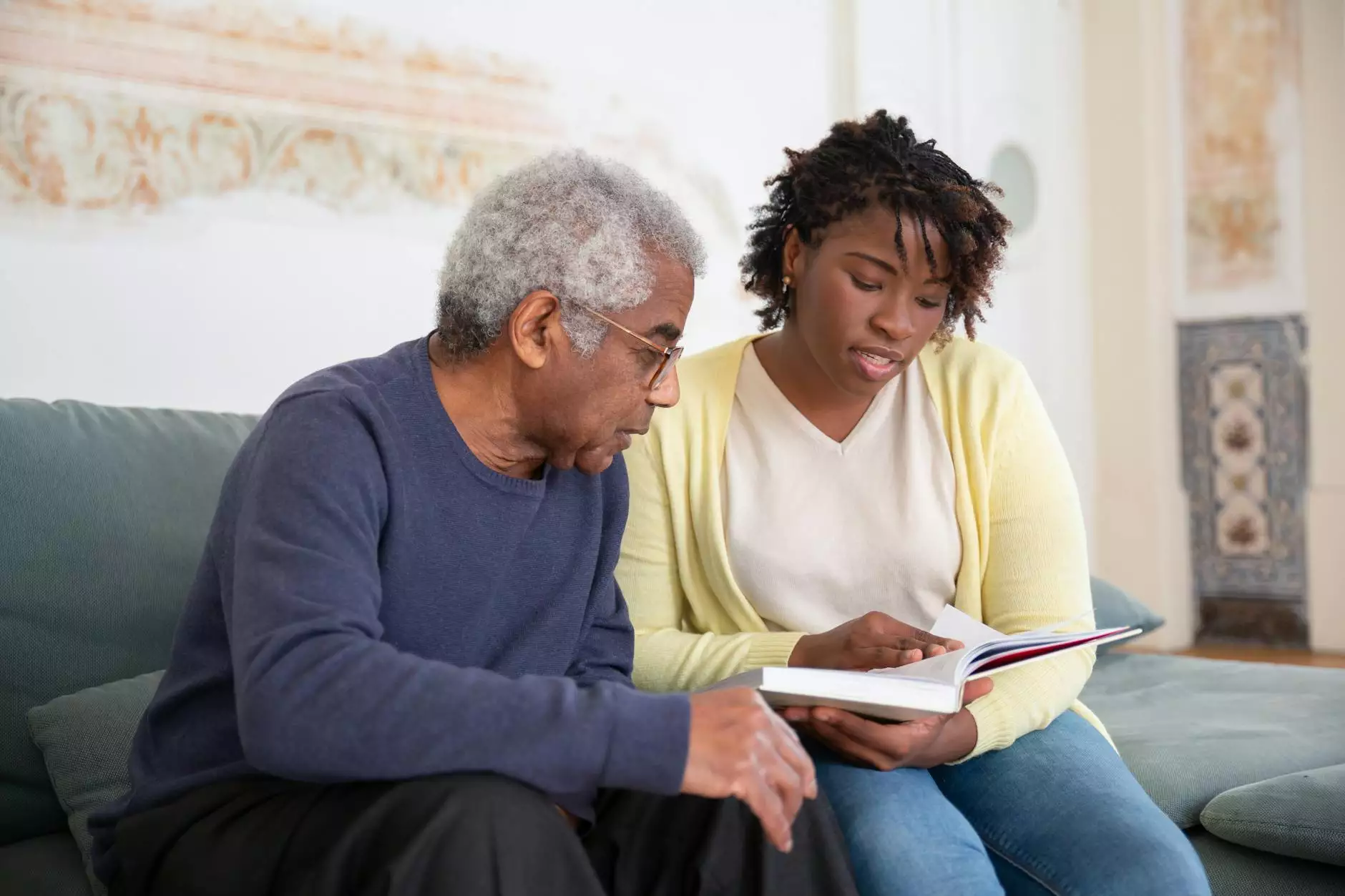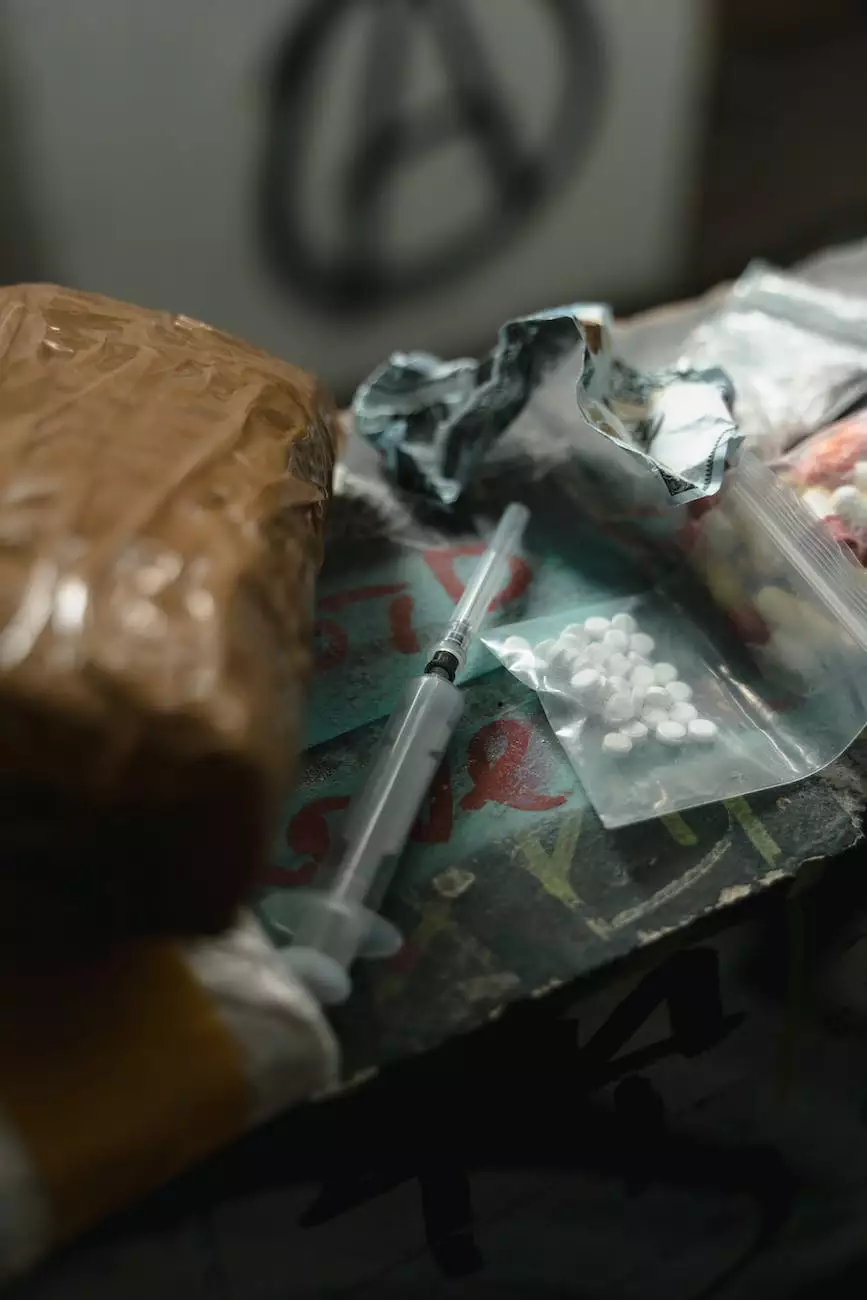Using DBT To Treat Addiction, Substance Use Disorders

Introduction to Dialectical Behavior Therapy (DBT)
When it comes to addressing addiction and substance use disorders, finding an effective treatment approach is crucial. One such approach that has gained recognition in recent years is Dialectical Behavior Therapy, commonly known as DBT. Developed by psychologist Marsha M. Linehan, DBT combines cognitive-behavioral therapy techniques with additional skills training to support individuals in overcoming addiction.
The Core Principles of DBT
DBT is based on four core principles that provide a framework for treatment:
- Mindfulness: Practicing present-moment awareness and acceptance, allowing individuals to understand and control their thoughts and emotions.
- Distress Tolerance: Learning healthy ways to cope with distressing situations without resorting to harmful behaviors, such as drug or alcohol use.
- Emotion Regulation: Developing skills to manage and regulate intense emotions, preventing them from causing impulsive actions or substance abuse.
- Interpersonal Effectiveness: Enhancing communication and relationship-building skills to foster healthier interactions with others.
DBT Techniques Applied to Addiction Treatment
DBT encompasses a range of evidence-based techniques that are specifically tailored to address addiction and substance use disorders:
1. ABC Skills Training:
The ABC skills training stands for "Awareness," "Balance," and "Control." This module focuses on helping individuals increase their awareness of triggers and urges, find a balance in their daily lives, and exercise control over their actions and choices.
2. Urge Surfing:
Urge surfing is a technique used in DBT to help individuals ride out emotions and cravings without acting on them. By learning to tolerate and accept the discomfort, individuals can develop healthier coping mechanisms and reduce the likelihood of relapse.
3. Behavior Chains Analysis:
Behavior chains analysis is a way of breaking down addictive patterns into smaller segments to identify triggers, thoughts, and behaviors that contribute to substance use. By understanding these chains, individuals can interrupt the cycle and implement alternative actions.
4. Emotional Regulation Techniques:
DBT provides individuals with various techniques to regulate and modulate their emotions effectively. These include deep breathing exercises, progressive muscle relaxation, and self-soothing methods, which can provide relief from emotional distress and prevent reliance on substances for emotional relief.
Why DBT Works for Addiction Treatment
The comprehensive nature of DBT, with its focus on mindfulness, distress tolerance, emotion regulation, and interpersonal effectiveness, makes it highly suitable for addiction treatment. By addressing the underlying emotional and cognitive factors that contribute to addictive behaviors, DBT equips individuals with the necessary skills to navigate life's challenges without relying on substances.
Additionally, the emphasis on effective communication and relationship-building skills in DBT can enhance an individual's support network, providing a solid foundation for recovery. The collaborative and non-judgmental approach of DBT therapists fosters a sense of safety and trust, allowing individuals to openly explore their struggles and work towards positive change.
Conclusion
DBT offers a powerful and comprehensive approach to treating addiction and substance use disorders. By integrating effective techniques and principles, individuals can gain greater control over their thoughts, emotions, and behaviors. Through the guidance of a skilled DBT therapist, individuals can embark on a path of healing and recovery, breaking free from the grip of addiction and building a brighter future.
Alison K Bowles, Ma, Lmhc - Health - Mental Health - http://alisonkbowles.com/blog/dialectical-behavior-therapy-dbt-and-addiction










